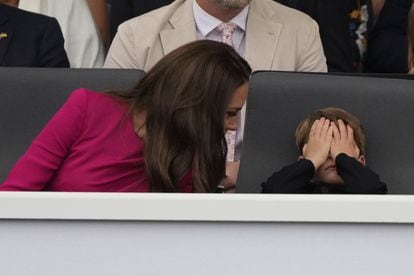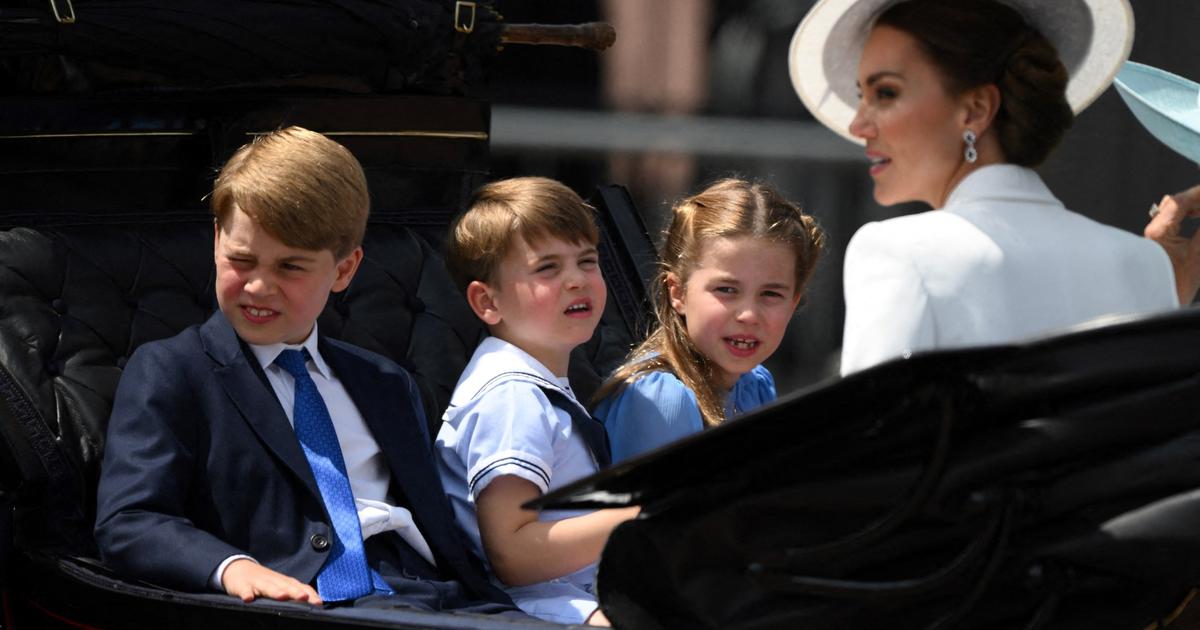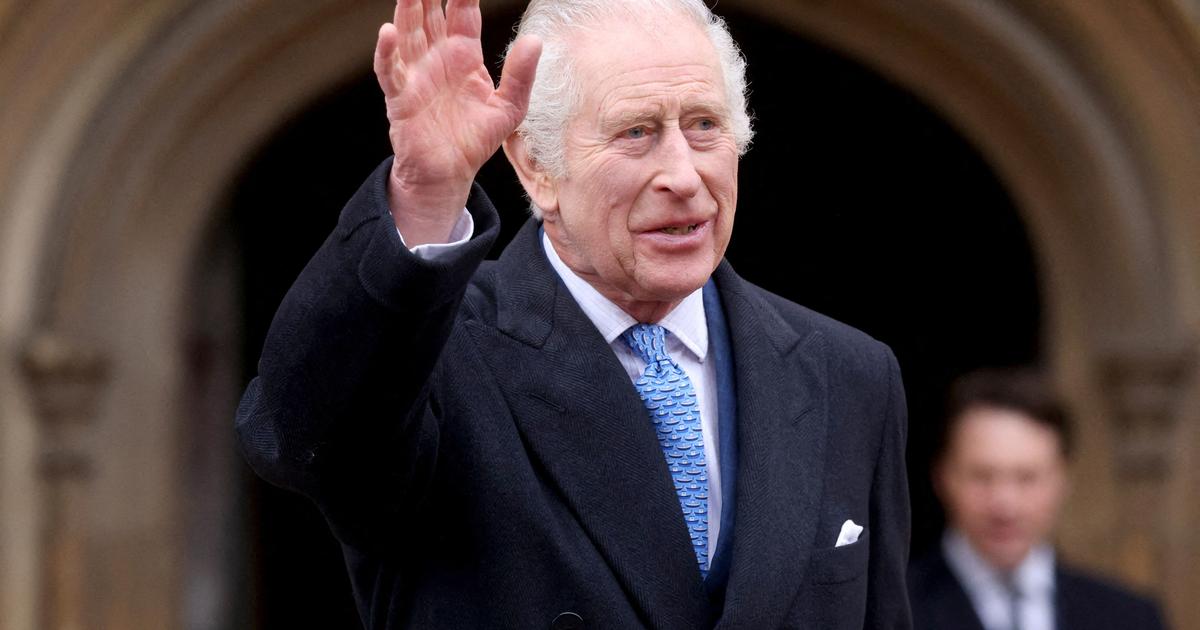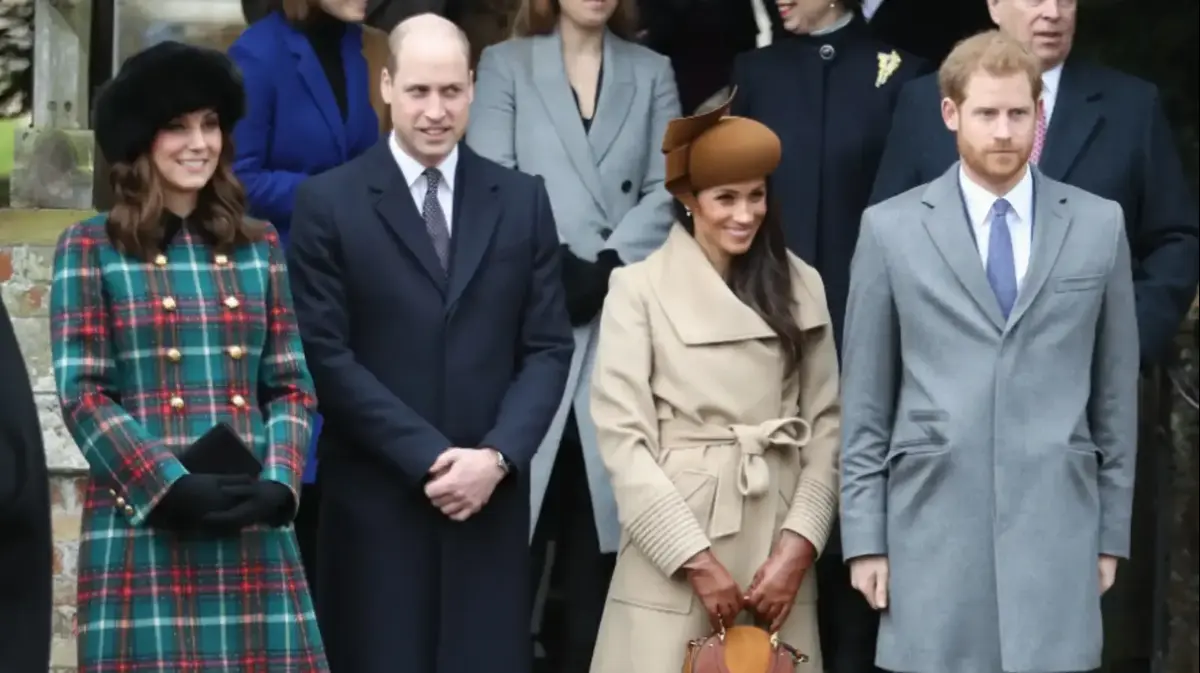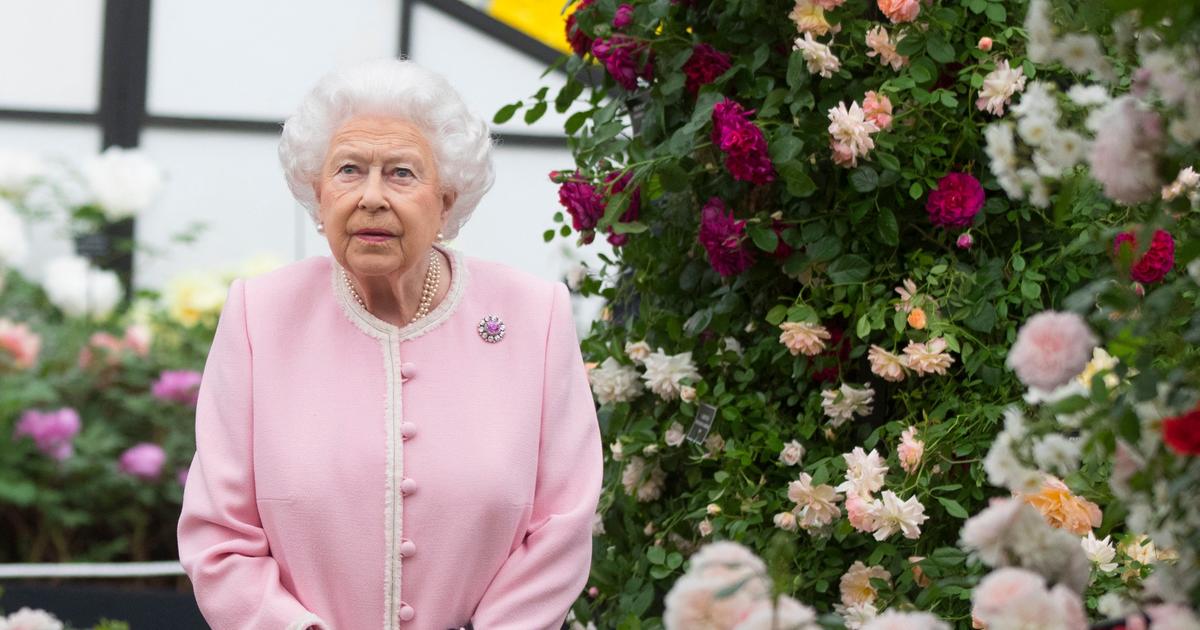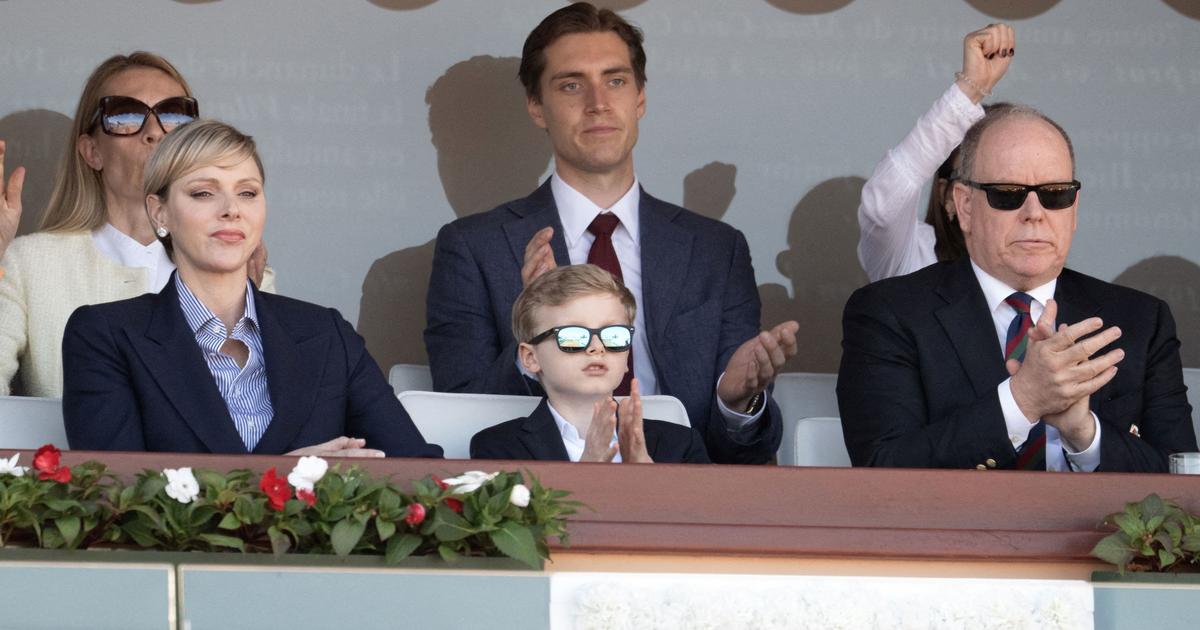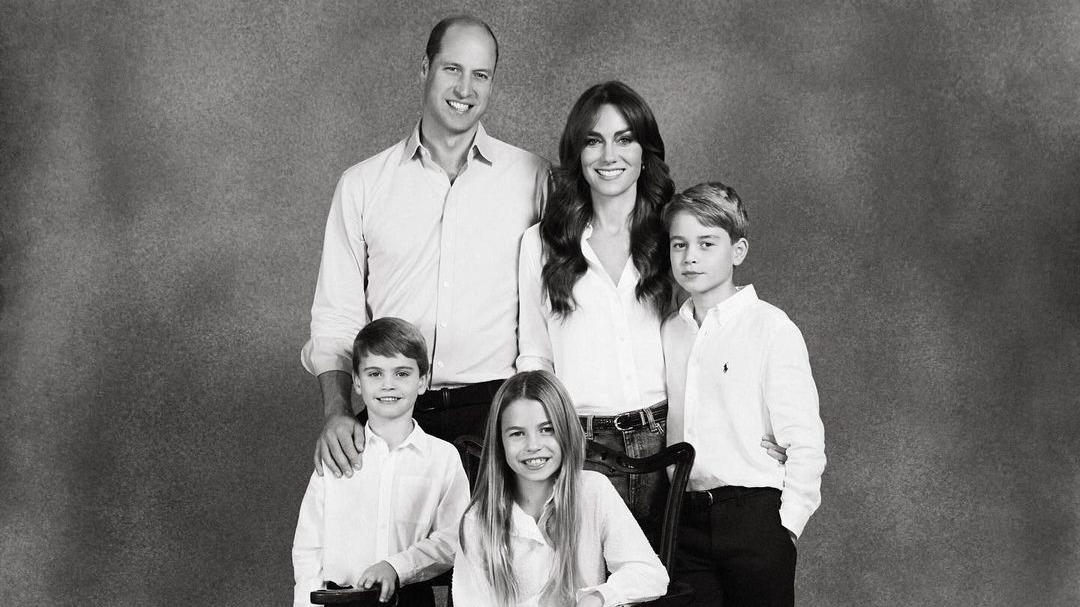The photo is as follows: a four-year-old boy attends the celebration organized to commemorate his great-grandmother's 70 years of working life, a party that lasts a total of four days.
Without a doubt, for any little one, staying still during events is a feat of endurance and good manners.
If not, ask fathers and mothers with small children.
But if, in addition, you are Prince Louis of Cambridge, son of William, Duke of Cambridge, and Kate Middleton, Duchess, and your
visa
is Elizabeth II, any gesture outside the protocol that marks the celebration of the queen's Platinum Jubilee going to notice
And so it has been.
Did Luis act like any child his age, or was he capricious and disrespectful of protocol?
The controversy is served.
"Luis is four years old and has acted like a four-year-old child," says Silvia Álava, a specialist in General Health Psychology and Educational Psychology.
"At this age," he continues, "the child does not have sufficient maturational development at a cognitive, thought and reflection level, to understand that his great-grandmother is Queen Elizabeth II, who has been on the throne for 70 years and who is going to attend to a lot of celebrations where he has to be seated, quiet and without moving.
This cannot be understood by its own evolutionary development.
More information
These are the nine basic emotions that your child feels
As Álava explains, in the end what the little boy is doing is expressing “I'm bored” in his own way.
“So he puts on the typical tired faces, sticks out his tongue or makes his cousin mad.
And, furthermore, for Luis it has not been only this act, he has had a host of celebrations that have left him exhausted ”.
The little boy could be seen on the balcony of Buckingham on Thursday, on Saturday at an evening concert and on Friday in a two-and-a-half-hour parade.
The psychologist insists that the little boy is still a child, no matter how prince he is.
The pedagogue Sonia López Iglesias agrees with Álava that "Luis's behavior was completely normal."
And she adds a fact: “It is very difficult for a four-year-old to maintain attention for more than 20 minutes.
So he behaved exceptionally in such a long celebration.
In addition, we cannot forget that the little prince had been out of his usual routine for days and they were acts with a strict protocol of which he did not understand their meaning.
“The most important thing here is age, four years old,” Álava resumes.
“We have not seen a little boy with behavior problems, but a tired child, having very normal behaviors, of children.
A clear example was when his mother, Kate, said something to him and he picked it up, got up and sat on his grandfather Carlos' lap”.
On this occasion the same thing happens: Luis did not sit on the knees of the heir to the throne, he sat on those of his grandfather: “He decided to leave with another figure of reference for him.
And he didn't think about protocols, or royalty."
I'm sure Prince Charles has a special relationship with his grandchildren but with Prince Louis you can tell it's different.
You can see how close they are.
There's a certain connection between them that is beautiful to see.
It's beautiful to see Charles being a grandfather.
pic.twitter.com/CUWrljHjaG
– Isa (@isaguor) June 5, 2022
A clear example in the evolutionary development, typical of her age, can be seen in the difference in behavior with her seven-year-old sister, Carlota: "This is because in the case of the little girl, she already has quite a developed function. executive, while he, with four, is starting to mature”.
“The little girl”, continues Álava, “is already capable of directing her behavior;
to understand a little what she has to do and to anticipate the consequences of her actions.
This usually occurs from the age of six and does not finish maturing until 28″.
In short, “at the age of seven you begin to understand a little bit, not completely.
Brain development is very different at seven than at four."
For his part, the child psychologist Rafael Guerrero, author of several books such as
Emotional education and attachment (2018)
and
The child and adolescent brain
(2021), begins by citing the main problem in his opinion: “The child should not be there, he should being in a park, with his friends fighting, enjoying the slide.
He has to be in another context, not in a ceremonial act.
Still, the little guy handled it wonderfully,” he stresses.
"I cannot demand that a four-year-old child stay still," Guerrero continues, "that his needs not be met immediately and unless he respects such a demanding protocol as that of the British Royal House" .
“Children don't have to be at these kinds of events.
It's like when I give a training course and a mother asks me if her son can come;
obviously I don't say no, but I do explain that it's not a place for children”, adds the psychologist.
All this leads him to think that perhaps it is not so much that the child is behaving well or badly, but that “it is us, the adults, who are behaving badly with him.
The boy behaved wonderfully because he acted like a boy.
And he expressed his emotions freely.”
As he expresses it, little ones behave neither well nor badly: “Children manifest themselves naturally, sincerely.
If he moves it is because he is restless, if he is
chof
, it is because he is sad or bored.
They are transparent”, argues the psychologist.
The Duchess of Cambridge.
Kate Middleton comforts her four-year-old son, Louis, during the Platinum Jubilee celebration.
DPA (Europe Press)
The role of her mother, Kate Middleton
Experts also point out that Luis's mother, Kate Middleton, acted very well in the face of her son's behavior.
Many have highlighted the patience and empathy with which she treated the little boy.
"Of course he did well, why should we scold a four-year-old who has to participate in a long and boring celebration for him if he is not prepared?" asks López Iglesias.
For the expert, his mother was very understanding and respectful.
"Adults must be very aware of the needs of our children and we must never demand behavior for which they are not prepared."
“Kate nailed it,” Álava says, “every time the little boy addressed her, she crouched down;
she looked at him and took him by the hand”.
In this way, and according to the expert, children are made to feel heard and cared for.
“Based on the idea that the child shouldn't be there, Kate did the best she could,” says Guerrero.
“In the images I have seen, I think she treats the little boy with all the love in the world;
trying to reassure him and redirect him.
In short, this mother did quite well, given the pressures, the protocol limitations, and that the drink had to be passed as well as possible.
Although I stress that the basic problem is that the child should never have been there, ”Guerrero insists.
Does birth order affect Prince Louis' behavior?
For the experts consulted, the order of birth is not decisive.
"Children have a different personality that does not have so much to do with the order in which they were born, but rather with their genes, so to speak," says psychologist Silvia Álava.
“That combination of genes that has touched us, and also a bit because of the environment in which we live.
But in the end, personality is a compendium of your genetic part.
It is the lottery of genes that has touched you.
In addition, the environment in which they are living, the way of educating, how their parents relate to them influences.
Yes, it is true that in certain things, the order can affect the personality”.
But, as she explains, it has more to do with responsibility, that the first children are usually charged more with it, for example.
For her part, Sonia López Iglesias, pedagogue, points out that birth order can affect, “but what determines behavior is the personality of each child and the limits that they are accustomed to respecting.
He proved to be a very spontaneous, loving, curious and expressive child."
You can follow Mamas & Papas on
,
or sign up here to receive
our fortnightly newsletter
.

